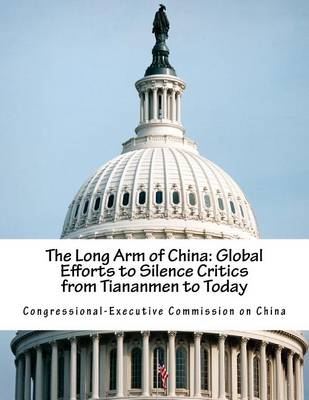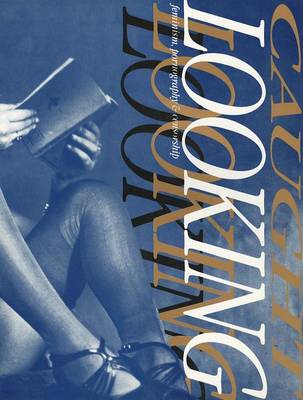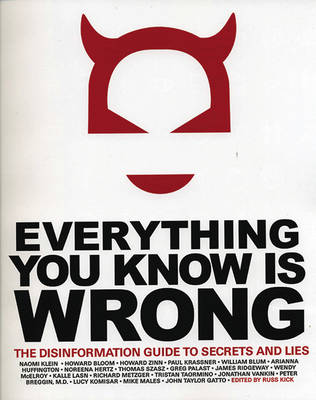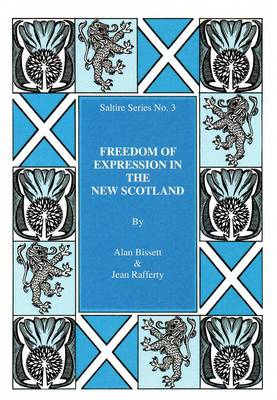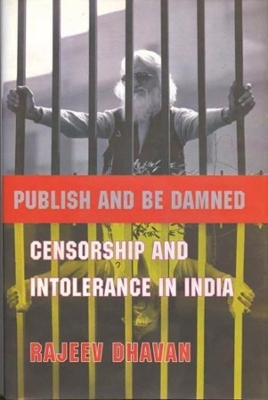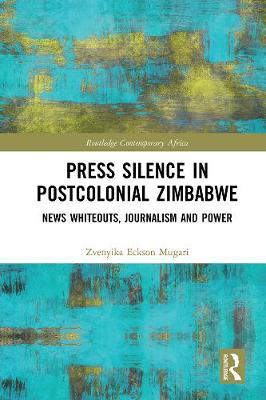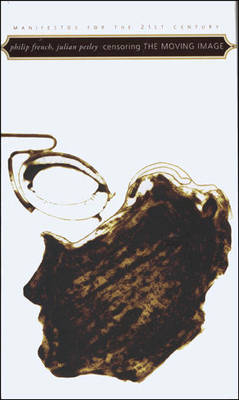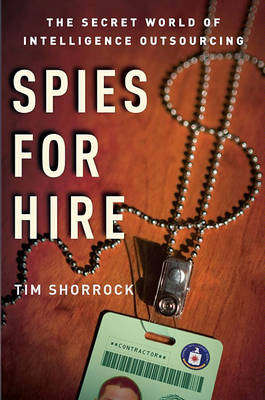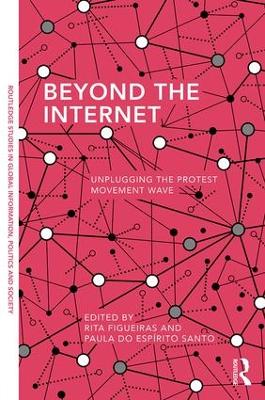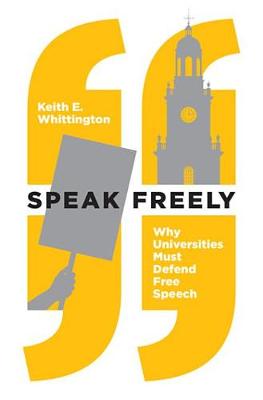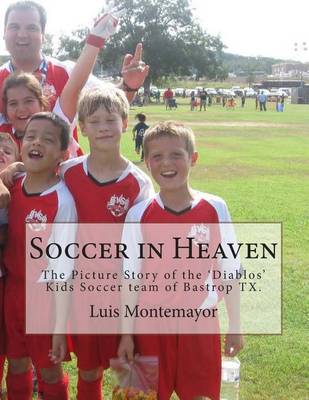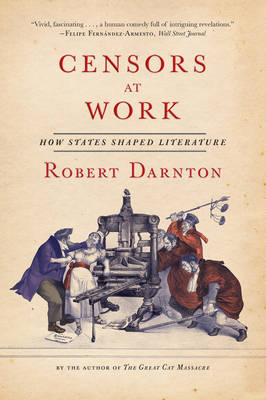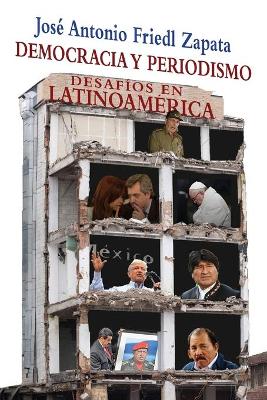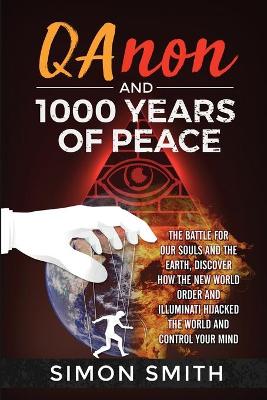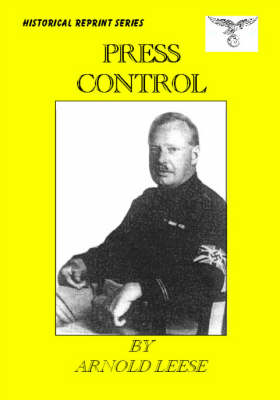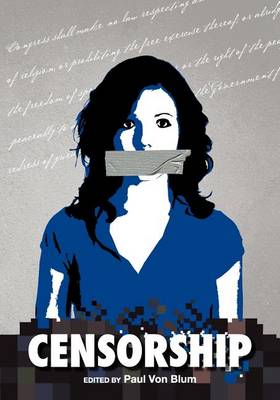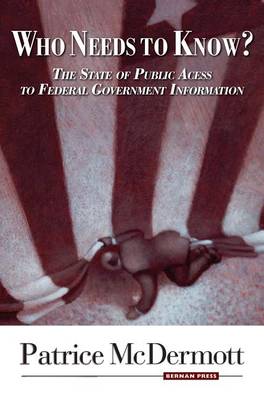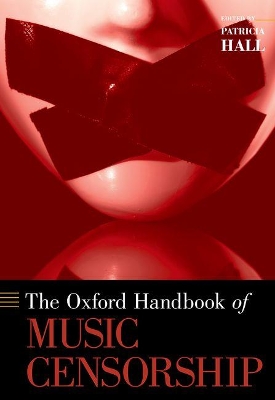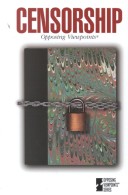Written in the wake of the assasination of Yitzhak Rabin, this text examines the boundaries and the limits that need to be imposed on democracy, liberty, and tolerance in order to ensure the survival of the societies that cherish them.'
Democracy Declassified
by Professor of Political Science Michael P Colaresi
Publish and Be Damned - Censorship and Intolerance in India
by Rajeev Dhavan
The essays collected in this volume explore the relationship between political and social censorship, and, more significantly, the rise of an insidious communal censorship that seeks to divide civil society and intimidate all those who value the gift of free speech as they burn books, silence dissent, destroy works of art, and intimidate the artist, researcher, writer, film-maker, actor, and free thinker. The author reflects on how free speech in India has been compromised by state censorship th...
Press Silence in Postcolonial Zimbabwe (Routledge Contemporary Africa)
by Zvenyika Eckson Mugari
This book focuses on news silence in Zimbabwe, taking as a point of departure the (in)famous blank spaces (whiteouts) which newspapers published to protest official censorship policy imposed by the Rhodesian government from the mid-1960s to the end of that decade. Based on archived news content, the author investigates the cause(s) of the disappearance of blank spaces in Zimbabwe’s newspapers and establishes whether and how the blank spaces may have been continued by stealth and proposes a mod...
Censoring the Moving Image (Manifestos for the 21st Century - (Seagull Titles CHUP))
by Julian Petley
"Manifestos for the Twenty-first Century" is a "Seagull Series" created in collaboration with "Index on Censorship", a home and a voice for freedom of expression since it was founded in 1972. Film's power to move, to disturb, to terrify is unlike that of any other medium. This is why, throughout its history, Film has been feared, controlled and censored as well as celebrated. The notion that censorship was necessary - to preserve society, to protect people from each other, to save ourselves from...
In Spies for Hire, investigative reporter Tim Shorrock lifts the veil off a major story the government doesn't want us to know about - the massive outsourcing of top secret intelligence activities to private-sector contractors. Starting during the Clinton administration, when intelligence budgets were cut drastically and privatization of government services became national policy, and expanding dramatically in the wake of 9/11, when the CIA and other agencies were frantically looking to hire ana...
Beyond the Internet (Routledge Studies in Global Information, Politics and Society)
The western economic and financial crisis began with the collapse of Lehman Brothers in 2008 and led the European Union countries into recession. After this, governments started to implement austerity measures, such as cuts in public spending, including public subsidies and jobs, and rising prices. In this context, Europe started to experience a wave of protest movements. Individuals started to use the manifold interactive digital media environment to both fight against the austerity measures an...
British Empire Civil Censorship Devices WW2
Soccer in Heaven (Penn State Series in the History of the Book)
by Luis Montemayor
Censors at Work
by Carl H Pforzheimer University Professor and University Librarian Robert Darnton
With his uncanny ability to spark life in the past, Robert Darnton re-creates three historical worlds in which censorship shaped literary expression in distinctive ways. In eighteenth-century France, censors, authors, and booksellers collaborated in making literature by navigating the intricate culture of royal privilege. Even as the king's censors outlawed works by Voltaire, Rousseau, and other celebrated Enlightenment writers, the head censor himself incubated Diderot's great Encyclopedie by h...
Despite intense media scrutiny, only a small percentage of the American government's most essential information reaches the average person. This withholding of information is dangerous in a democratic society, where openness is a cherished value. Here are some samples of the topics included in Who Needs to Know?: The history, use, and abuse of national security classification; The state of the Freedom of Information Act in the Bush Administration; Examination of the concept of sensitive but uncl...
The Oxford Handbook of Music Censorship (Oxford Handbooks)
Throughout history and across the globe, governments have taken a strong hand in censoring music. Whether in the interests of "safeguarding" the moral and religious values of their citizens or of promoting their own political goals, the character and severity of actions taken to suppress and control music that has been categorized as unacceptable, immoral, or as the Nazi's termed the music of Jewish and modernist composers, "degenerate," ranges from economic sanctions to forced immigration, impr...
Managing the News (Index on Censorship, #2)
Media and Democracy
